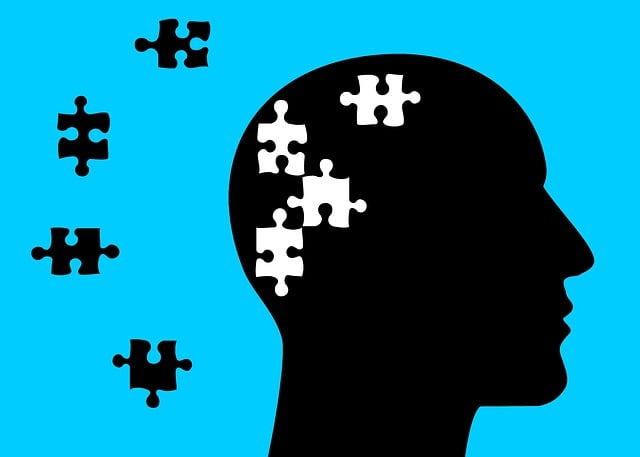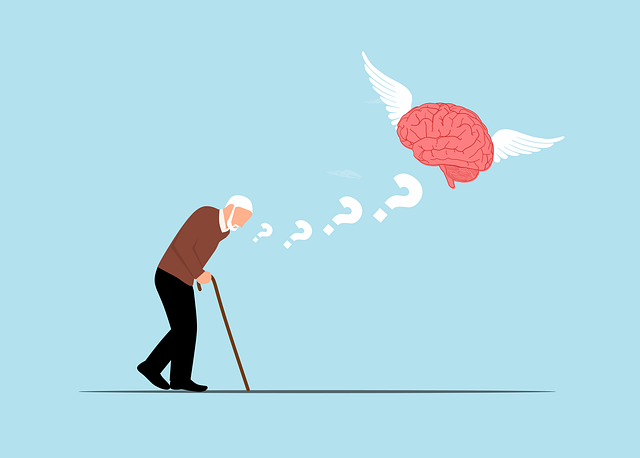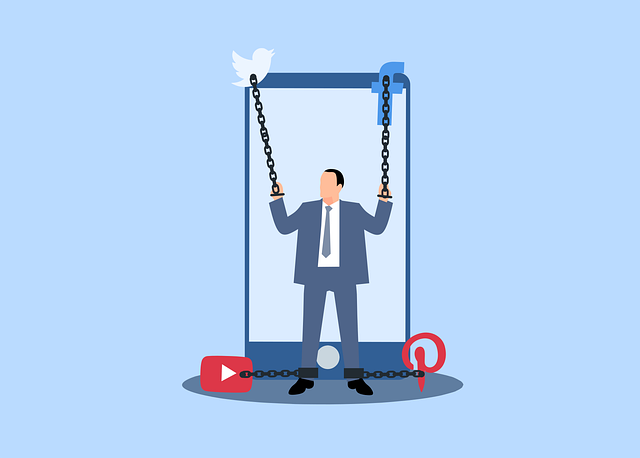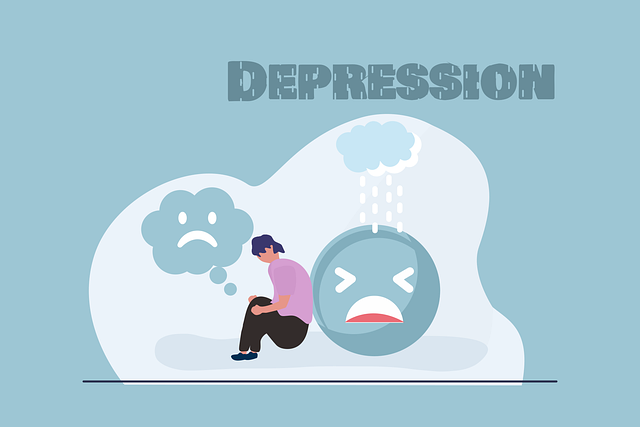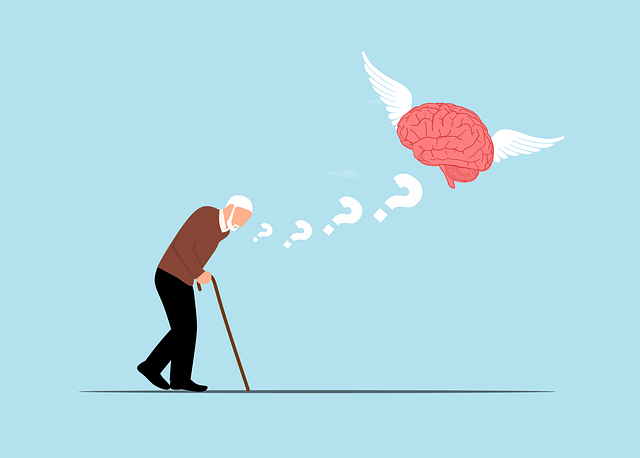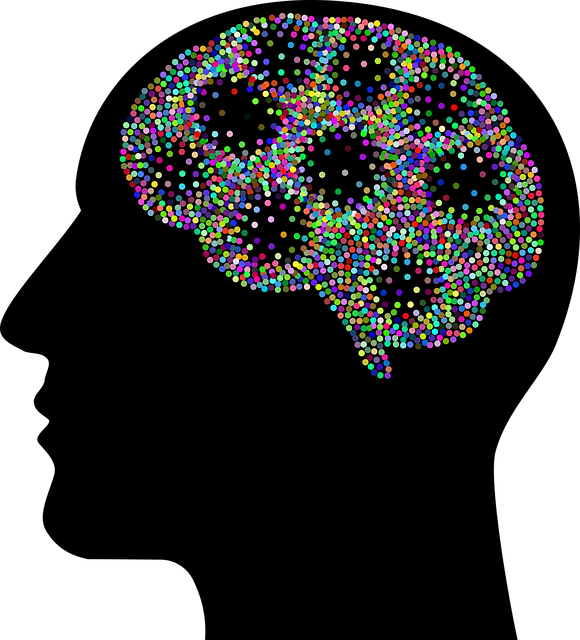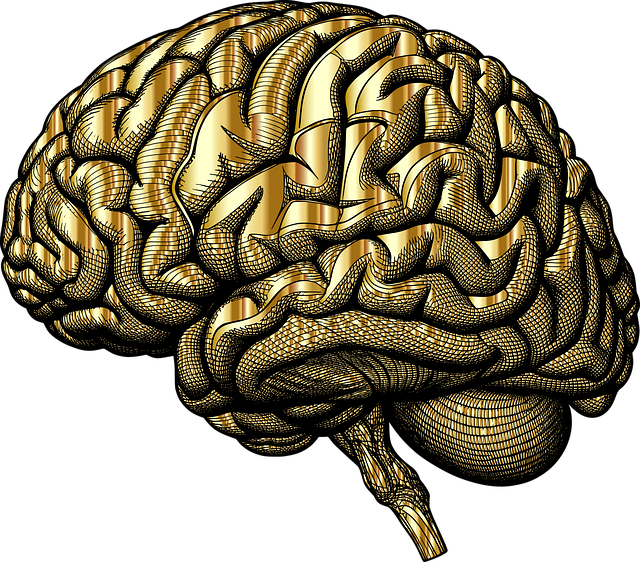Litleton Biofeedback Therapy empowers individuals to navigate life's challenges with enhanced emotional well-being through self-awareness exercises and compassionate cultivation practices, fostering long-term resilience. This unique approach integrates mental health awareness and emotional intelligence, teaching clients to regulate physiological responses to stress and anxiety for improved mental wellness. Essential for today's stressful world, Littleton Biofeedback Therapy offers structured programs like Mental Wellness Coaching and Healthcare Provider Cultural Competency Training, along with risk management planning for professionals, promoting effective case navigation and safeguarding mental health.
Coping skills are essential for navigating life’s challenges and maintaining mental well-being. This article explores comprehensive strategies for developing robust coping mechanisms, beginning with an understanding of their significance. We delve into the transformative power of Littleton Biofeedback Therapy, a non-invasive approach that teaches individuals to regulate physiological responses. Additionally, we offer practical tips for everyday application, empowering readers to foster resilience and enhance their overall quality of life.
- Understanding Coping Skills: An Overview
- The Role of Littleton Biofeedback Therapy
- Practical Strategies for Effective Coping Skills Development
Understanding Coping Skills: An Overview

Coping skills are the strategies and mechanisms individuals use to navigate life’s challenges and maintain emotional well-being. Understanding coping skills is crucial in promoting resilience, especially when faced with stressful situations. Littleton Biofeedback Therapy offers a unique approach to enhancing these abilities by utilizing self-awareness exercises that help individuals recognize their physical and emotional responses to stress.
Through various techniques, such as compassion cultivation practices, this therapy empowers clients to develop more adaptive coping mechanisms. By fostering emotional awareness, individuals can better manage their reactions, leading to improved overall mental health. Effective coping strategies not only help in the moment but also contribute to long-term resilience and a higher quality of life.
The Role of Littleton Biofeedback Therapy

Littleton Biofeedback Therapy offers a unique and effective approach to coping skills development, integrating mental health awareness and emotional intelligence. Through this innovative process, individuals learn to regulate their physiological responses to stress, anxiety, and other emotional challenges. By providing real-time feedback about bodily changes, biofeedback training empowers people to gain a deeper understanding of their emotional intelligence—how their bodies react to different situations and how they can consciously modify these reactions for improved mental wellness.
This therapeutic method is particularly valuable in the context of the Mental Wellness Podcast Series Production, where discussions on various aspects of mental health are shared with a broader audience. By integrating biofeedback techniques, podcast creators and listeners alike can benefit from practical tools to enhance emotional regulation and promote overall mental health awareness. This approach resonates with individuals seeking to navigate life’s challenges with greater resilience and self-awareness.
Practical Strategies for Effective Coping Skills Development

Developing effective coping skills is a powerful tool for maintaining mental wellness and overall well-being. In today’s fast-paced world, where stress and anxiety can run high, having a repertoire of healthy coping strategies is essential. One innovative approach to enhance these skills is through Littleton Biofeedback Therapy, which offers a unique perspective on self-regulation. This therapy technique teaches individuals how to gain control over their physiological responses, thereby reducing the impact of stressful situations. By learning to manage physical reactions, one can improve emotional resilience and make more thoughtful decisions in challenging scenarios.
Beyond individual practices, structured programs such as Mental Wellness Coaching and Healthcare Provider Cultural Competency Training play a significant role in coping skills development. These initiatives provide a framework for individuals to explore their emotions, understand cultural influences on mental health, and learn tailored strategies for various situations. Additionally, Risk Management Planning for Mental Health Professionals is crucial; it equips practitioners with the tools to navigate complex cases, ensuring they can offer effective support while safeguarding their own mental wellness in the process.
Coping skills development is a multifaceted process that, when nurtured, can significantly enhance our resilience and well-being. As discussed, understanding coping mechanisms, leveraging techniques like Littleton Biofeedback Therapy, and adopting practical strategies are key steps in this journey. By integrating these insights into daily life, individuals can navigate challenges more effectively and cultivate a sense of inner peace. Whether through biofeedback therapy or simple yet powerful practical strategies, the path to better coping lies in proactive engagement and consistent practice.


